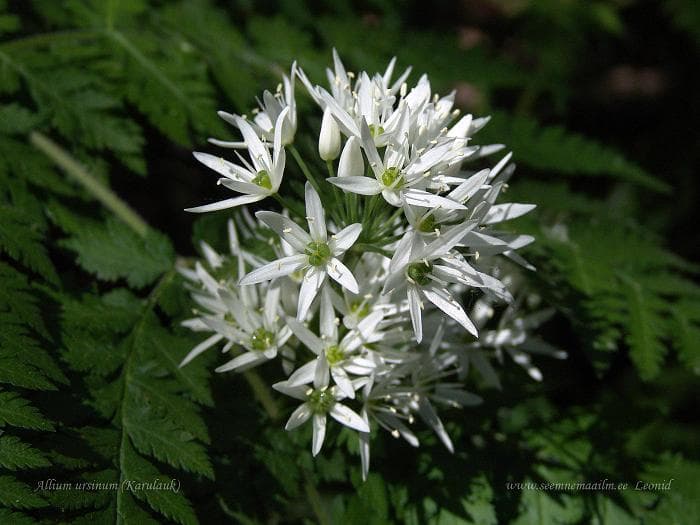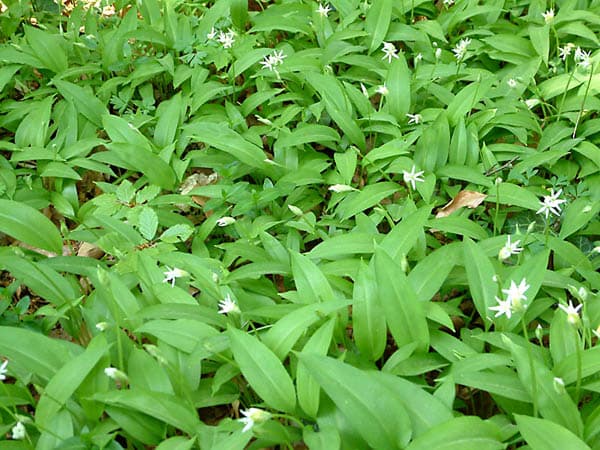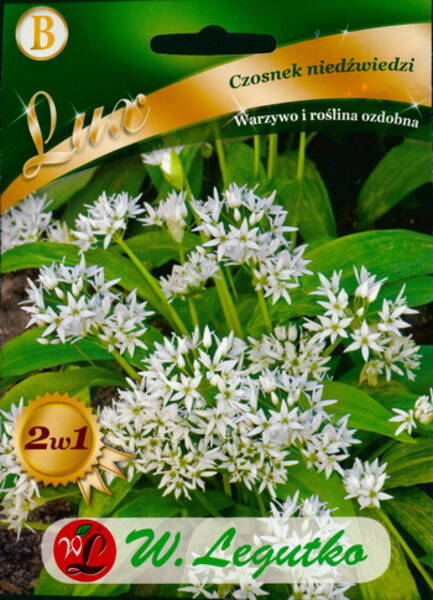Your shopping cart is empty!
Ramson (Wild wood garlic, Buckrams, gypsy onion)
Wild wood garlic (ramsons, gypsy onion) - Allium ursinum L.
Sensoric quality.
Similar to garlic, but less strong and with a hint of chives.
Main constituents: similar to garlic, bears garlic contains a large number of sulphur compounds: divinyl sulfide, dimethyl thiosulfonate, methyl cysteine sulfoxide and the latters degradation products, methyl allyl thiosulfonate and methanethiol.
Origin: native to Western and Central Europe. In the USA, ramp (Allium tricoccum), a wild plant with a more onion-like flavour, is used for similar purposes.
Etymology: English ramson (Old English: "Hramsan") is of unclear origin; cognates are found in several Germanic (e.g., Swedish ramslök and regional German Ramsen) and Slavic languages (e.g., Russian: "Cheremsha").
Sensoric quality.
Similar to garlic, but less strong and with a hint of chives.
Main constituents: similar to garlic, bears garlic contains a large number of sulphur compounds: divinyl sulfide, dimethyl thiosulfonate, methyl cysteine sulfoxide and the latters degradation products, methyl allyl thiosulfonate and methanethiol.
Origin: native to Western and Central Europe. In the USA, ramp (Allium tricoccum), a wild plant with a more onion-like flavour, is used for similar purposes.
Etymology: English ramson (Old English: "Hramsan") is of unclear origin; cognates are found in several Germanic (e.g., Swedish ramslök and regional German Ramsen) and Slavic languages (e.g., Russian: "Cheremsha").


Eng.: Ramson, ramsons, bear's garlic, broad-leaved garlic, buckrams, gypsy onion, hog garlic, wild garlic, wild wood garlic, wood garlic.












